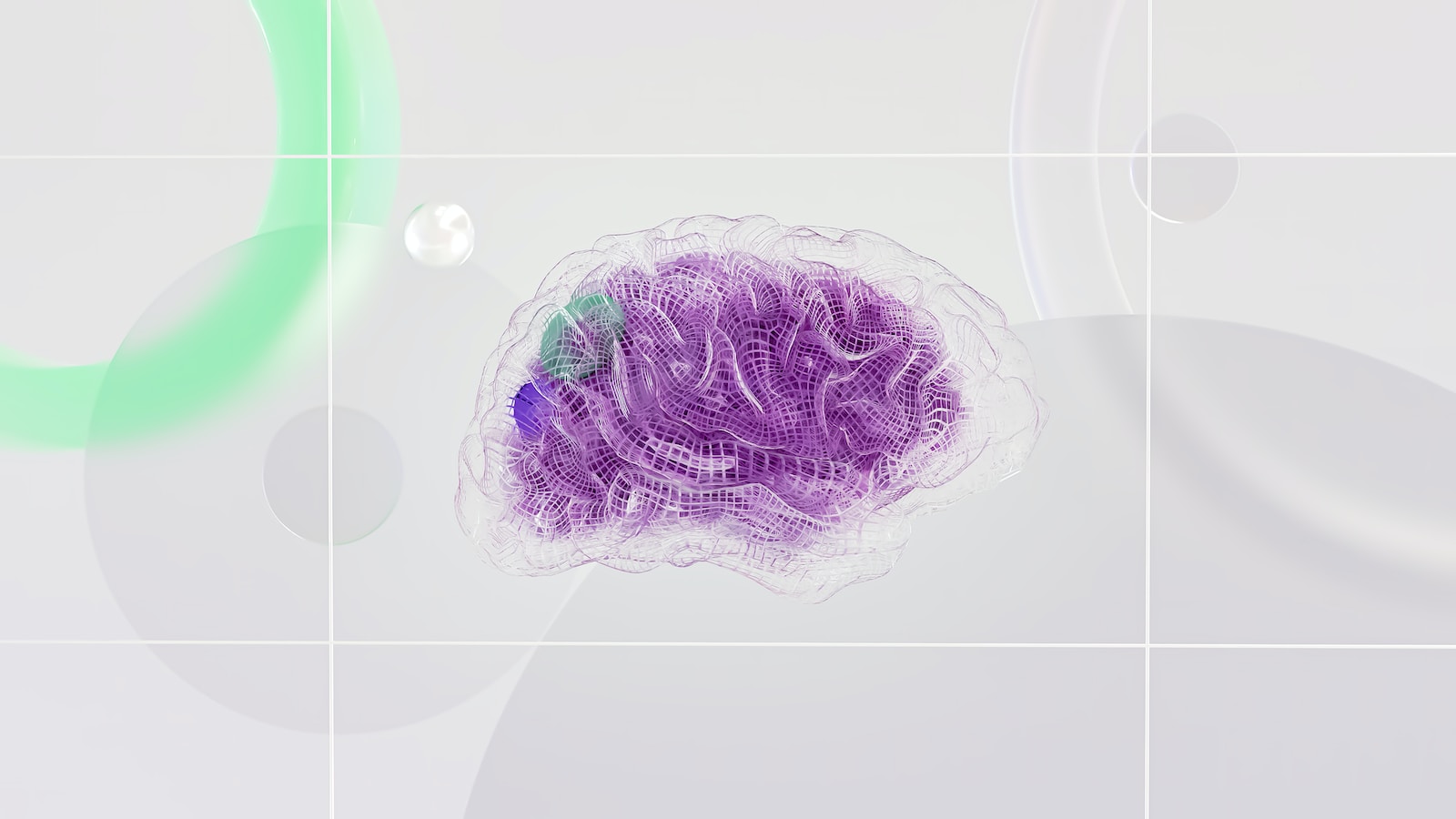Neurotechnology and mind control are two rapidly developing fields of science that are constantly intersecting with one another. Neurotechnology is the study of the brain and nervous system and the development of devices, tools, and techniques that can interact with the nervous system. Mind control is the study of how thoughts, emotions, and behaviors can be controlled or influenced by external forces. The intersection of these two fields has the potential to revolutionize the way we interact with machines and the way we think about our own minds. This article will explore what neurotechnology and mind control are, how they work, and the potential benefits and risks associated with them.
What is Neurotechnology?
Neurotechnology is the study of the brain and nervous system and the development of devices, tools, and techniques that can interact with the nervous system. It includes a range of technologies such as brain-computer interfaces (BCIs), neuroprosthetics, deep brain stimulation (DBS), and neuromodulation. Neurotechnology has the potential to revolutionize the way we interact with machines and the way we think about our own minds.
How Does Neurotechnology Work?
Neurotechnology works by connecting the brain to a computer or other device. This connection can be made in a variety of ways, including through electrodes that are implanted in the brain, through non-invasive sensors that are placed on the scalp, or through a combination of both. The connection allows the computer or device to “read” the electrical signals that are generated by the brain and to “write” signals back to the brain. This enables the computer or device to interact with the brain in a variety of ways, such as controlling a robotic arm or providing feedback to the user.
What is Mind Control?
Mind control is the study of how thoughts, emotions, and behaviors can be controlled or influenced by external forces. It encompasses a range of techniques, such as hypnosis and neurolinguistic programming, that are used to manipulate people’s thoughts and behaviors. Mind control has long been a topic of fascination for scientists and laypeople alike, and its potential applications are only beginning to be explored.
What is the Intersection of Brain and Machines?
The intersection of brain and machines is the study of how the two can interact with each other. This includes the development of devices, tools, and techniques that can interact with the brain and nervous system in order to control or influence thoughts, emotions, and behaviors. This field is rapidly growing and has the potential to revolutionize the way we interact with machines and the way we think about our own minds.
The Benefits of Neurotechnology and Mind Control
The potential benefits of neurotechnology and mind control are vast. Neurotechnology has the potential to revolutionize the way we interact with machines, enabling us to control robots with our thoughts or use computers to enhance our cognitive abilities. Mind control has the potential to help people overcome mental health issues, such as depression and anxiety, or to alter their behavior in a positive way.
The Risks of Neurotechnology and Mind Control
While neurotechnology and mind control have the potential to revolutionize the way we interact with machines and the way we think about our own minds, there are also risks associated with them. These risks include the potential for misuse or abuse of the technology, the possibility of data breaches, and the potential for the technology to be used to manipulate people’s thoughts and behaviors.
Neurotechnology and mind control are two rapidly developing fields of science that have the potential to revolutionize the way we interact with machines and the way we think about our own minds. While these technologies have the potential to provide immense benefits, there are also risks associated with them. It is important to consider these risks and ensure that the technology is used responsibly and ethically.
